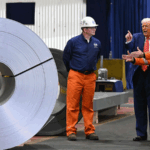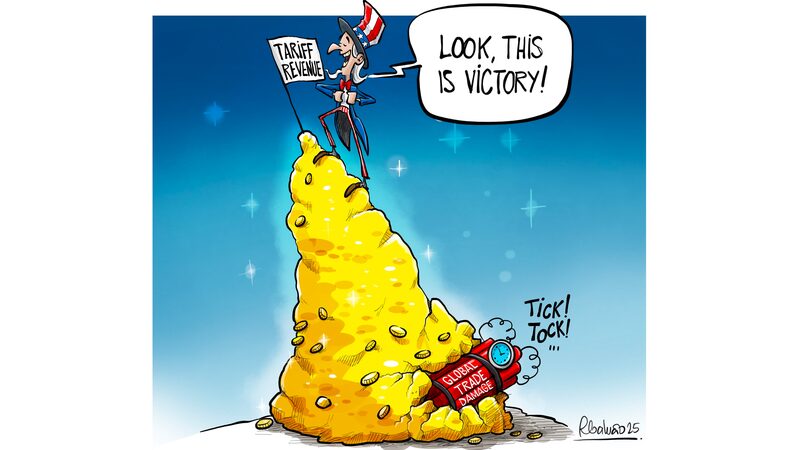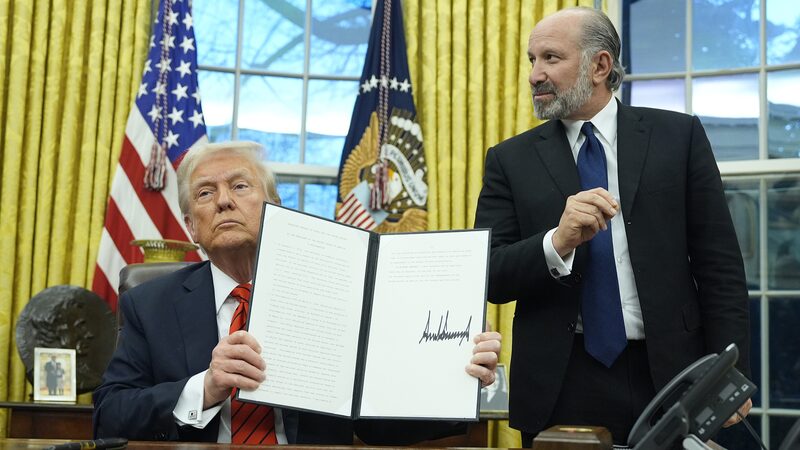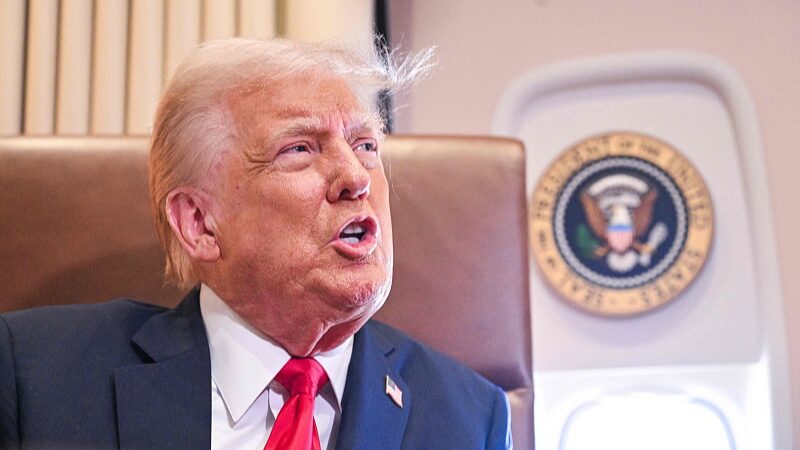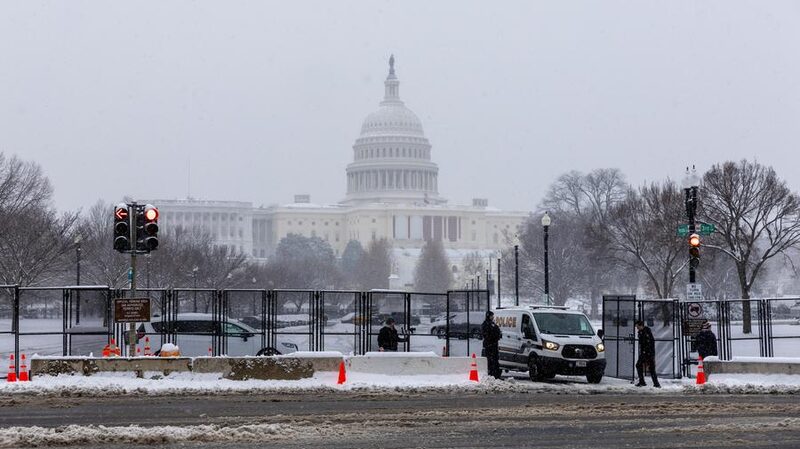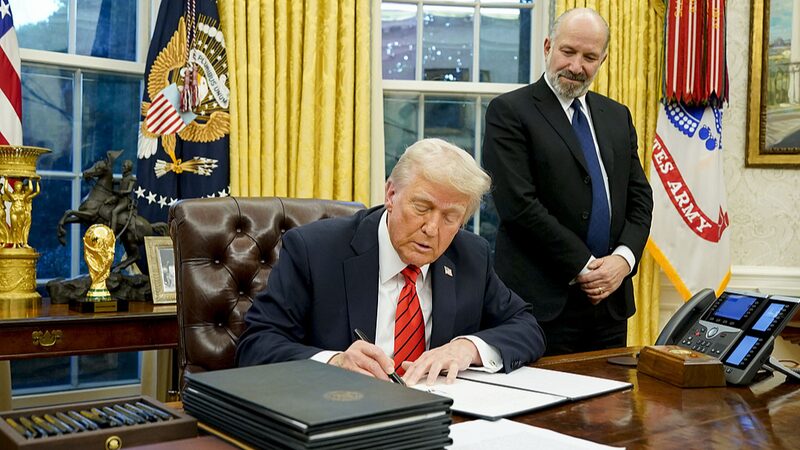The U.S. government's aggressive tariff policies, targeting imports from countries and regions including the Chinese mainland, Mexico, and Canada, are sparking debate over their unintended consequences for American households. While aimed at reviving domestic industries, experts warn these measures risk fueling inflation and testing voter patience.
Recent tariffs on aluminum, steel, and other goods seek to reverse decades of industrial outsourcing that eroded manufacturing hubs in states like Pennsylvania and Ohio. However, replacing complex global supply chains – particularly China’s role as a major supplier of affordable consumer goods – may take years. “The immediate effect of such a 'cold turkey' tariff will be rising prices,” notes commentator William Jones, highlighting risks for low-income families reliant on budget retailers.
With U.S. inflation already straining household budgets, the policies could deepen economic pressures. President Trump has pinned hopes on tax cuts and energy expansion to offset costs, but economists question whether these measures can counteract short-term price hikes for essentials like food and manufactured goods.
The political stakes are rising as midterm elections approach. Republican margins in Congress, crucial for advancing tariff-related legislation, may narrow if consumers associate economic discomfort with current trade strategies. Jones observes: “How long the patience will hold of the U.S. consumer […] will determine the policy’s sustainability.”
As debates continue, businesses and investors are recalibrating strategies amid shifting trade dynamics. The outcome could redefine supply chains across Asia and beyond, with implications for global markets.
Reference(s):
Unintended consequences of U.S. tariff policy for American consumer
cgtn.com

